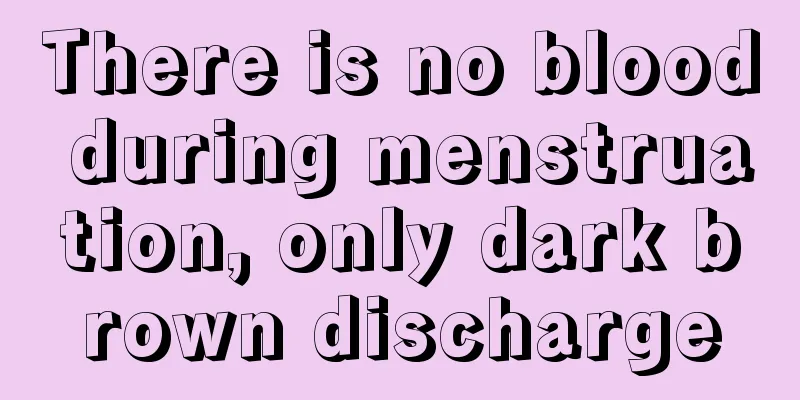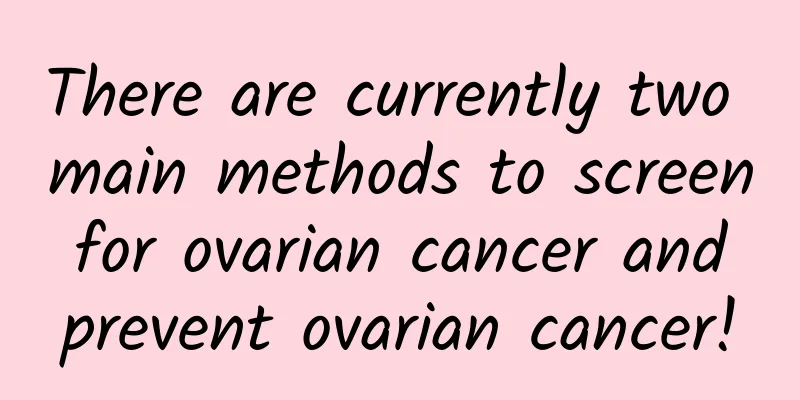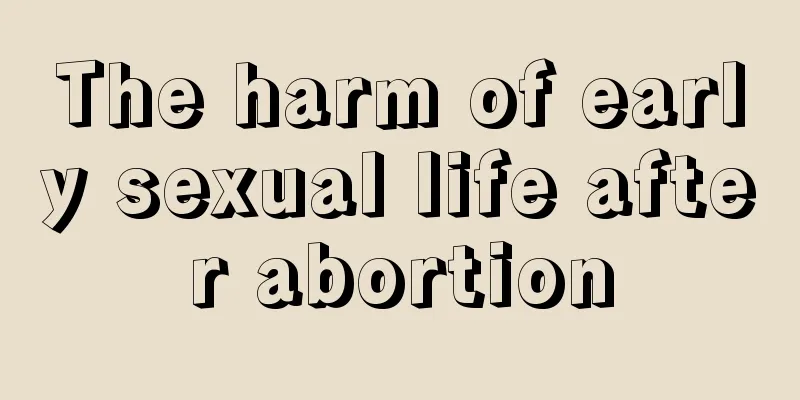Can I eat shellfish when I'm pregnant?

|
Pregnant women should pay attention to their diet during pregnancy, but seafood can also be eaten because it can promote fetal growth and supplement the zinc needed by the body. Although you need to pay attention to your diet during pregnancy, there are still many foods that you can eat. You can eat seafood, but not in excess. After all, seafood is raw and cold food that can affect the health of your stomach and intestines. Can pregnant women eat shellfish? Pregnant women can eat shellfish. Benefits of eating shellfish for pregnant women: Starting from the middle of pregnancy, the growth of the fetus accelerates and the need for various nutrients increases significantly. A large amount of supplementation is needed that is rich in various trace elements needed for fetal growth, such as calcium, iron, zinc, etc. Zinc plays an important role from the pre-pregnancy period to the pregnancy period. It participates in the division and growth of fetal cells in the form of zinc enzymes. If the expectant mother is zinc deficient, it will affect the growth of the fetus. Oysters contain the most zinc of all foods. They are also rich in vitamin A, vitamin D, B vitamins, biotin and taurine. These nutrients are in the right proportions and are very beneficial to children's growth and development. In addition, clam meat and shellfish mollusks contain Dalta 7-cholesterol and 24-methylene cholesterol, which have the unique function of inhibiting the synthesis of cholesterol in the liver and accelerating the excretion of cholesterol, thereby reducing cholesterol in the body. The amount of cholesterol in pregnant women will increase during pregnancy, and they need shellfish to prevent cholesterol accumulation. Pregnant women should be careful when eating shellfish: Pregnant women can eat it two or three times a week, and only one or two each time. Pay special attention to cooking it thoroughly before eating, and do not eat it raw. If you are allergic to shellfish, do not eat it. What foods can't pregnant women eat? What should not be eaten during pregnancy? As a special group of people, pregnant women should not only pay attention to strengthening nutrition and eating nutritious foods in moderation, but also pay great attention to dietary structure, dietary cooking, dietary hygiene and food selection. If they do not pay attention to balanced nutrition during pregnancy, not only will the fetus grow retardantly and be underdeveloped, but the mother will also be weaker after delivery. Increasing nutrition does not mean eating more, but paying attention to balanced nutrition in food. Pregnant women should be careful when eating the following foods during pregnancy: 1. Alcohol: Alcohol is an important factor causing fetal malformation and mental retardation. Pregnant women should refrain from drinking alcohol during pregnancy, and it is best not to consume beverages and foods containing alcohol. 2. Too much sugar: The metabolism of sugar in the human body will consume a lot of calcium. Calcium deficiency during pregnancy can easily affect the development of fetal teeth and bones. Sugar is not an essential nutrient, and consuming too much sugar can cause pregnant women to be overweight. 3. MSG: The ingredient of MSG is monosodium glutamate. Eating too much can affect the absorption of zinc and is not conducive to the development of the fetal nervous system. 4. Pickled food: Although this type of food is delicious, it contains nitrite, benzopyrene, etc., which are very harmful to the body. 5. Caffeinated foods: Pregnant women should not drink too much coffee, tea, or other caffeinated beverages and foods. Caffeine, as a substance that can affect women's physiological changes, can change the ratio of estrogen and progesterone in women's bodies to a certain extent, thereby indirectly affecting the implantation and development of the fertilized egg in the uterus. 6. Various "contaminated" foods: Try to choose fresh and natural foods, and avoid eating foods containing food additives, pigments, preservatives, and cooked foods. Fruits and other foods that may lead to pregnancy should be washed before consumption to avoid pesticide residues. The above tells us in detail about dietary issues during pregnancy. We hope that pregnant women should pay attention to their dietary choices. It is best not to eat spicy and cold foods to avoid affecting the normal development of the fetus. They should also pay attention to maintaining an optimistic attitude and emotional changes. |
>>: The consequences of my aunt being angry
Recommend
Why do my eyes get swollen during my period?
Some people will feel that their bodies are getti...
Diet therapy for premature ovarian failure helps
Premature ovarian failure is a very common diseas...
Symptoms of impending labor in pregnant women
Pregnancy is a very long process. During pregnanc...
Exercise prescription for diabetic patients
At present, the number of diabetes patients in my...
How big do girls' breasts grow?
Many female friends are particularly concerned ab...
How to apply for the 500 yuan housing subsidy during the epidemic in Hangzhou? Application conditions for housing subsidy during the epidemic in Hangzhou
Due to the epidemic, and considering the impact o...
I regretted having sex 7 days after my miscarriage.
For female friends who have just had an abortion,...
What does a negative syphilis treponema antibody mean?
Nowadays, young people always don't care abou...
Can I eat mutton if I have breast hyperplasia?
Breast hyperplasia is very common among women, bu...
The results of early pregnancy test before menstruation are all double bars
Menstruation is a physiological activity unique t...
Can a cold cause miscarriage?
Pregnant women should pay attention to keeping wa...
Causes of pregnancy disorders in the uterine horns
The occurrence of uterine horn pregnancy is relat...
The fastest way to delay menstruation
Menstruation is a situation that all women enteri...
As of the beginning of 2024, Apple has a 17% share of the global smartphone market, second only to Samsung's 20%.
So far, Apple is not in a dominant position in th...
Why do my lower eyelids twitch?
I remember there was a period of time in high sch...









